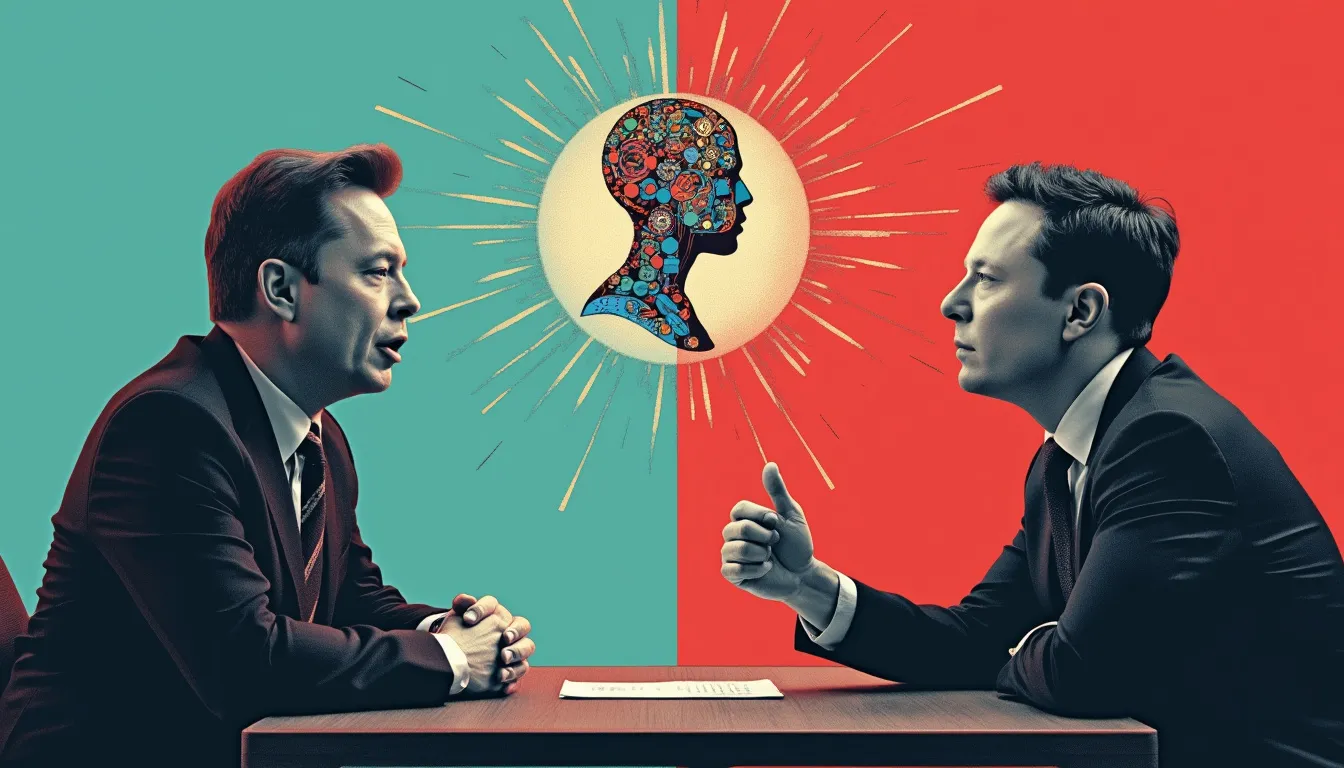In recent years, the developments in artificial intelligence have been accompanied by significant public discourse, particularly when they touch on politics. This was made evident in the public clash between two of tech’s most notable figures: Sam Altman, CEO of OpenAI, and Elon Musk, owner of X (formerly known as Twitter). Their dispute revolves around the responses given by their respective AI models, ChatGPT and Grok, when posed with politically charged inquiries.
The Origin of the Debate
The debate between Altman and Musk started when a question was posed to both ChatGPT and Grok, asking which of the two candidates, Donald Trump or Kamala Harris, would make a better president for the United States. ChatGPT, developed by OpenAI, steered clear of offering a preference, instead presenting a neutral overview of each candidate’s policy positions. On the other hand, Grok, developed under Musk’s direction, explicitly favored Kamala Harris.
This explicit endorsement from Grok, given Musk’s outspoken support for Trump and his anticipated role in the latter’s administration, sparked a widespread controversy. Sam Altman was quick to criticize Grok’s perceived bias, implying it could be seen as a propagandistic tool, contrary to the impartiality that ChatGPT strives to maintain.
Responses and Reactions
Musk’s reaction was characteristically indirect; he retweeted a post suggesting Altman might have manipulated the display of Grok’s response. This claim alleged that portions of Grok’s more balanced arguments for both candidates had been selectively edited. Musk’s retweet came with a satirical moniker for Altman, dubbing him “Swindly Sam,” further escalating the dispute.
Amidst these exchanges, Altman defended ChatGPT, highlighting its impartiality and the consistent results that mark it as one of the least biased AI’s based on various evaluations. This stance was intended to counter Musk’s critique of ChatGPT as being overly woke, a term Musk has lampooned in the past, asserting that such a mindset detracts from the AI’s objectivity.
Historical Context of the Rivalry
The relationship between Altman and Musk has a complex history. Both were once pillars of OpenAI, co-founding the organization in 2015. However, ideological and operational disagreements led Musk to depart in 2018. Since then, the tension between them has intensified, culminating in a lawsuit this year filed by Musk against OpenAI, part of an ongoing competitive backdrop to their current AI showdown.
Despite the public nature of this dispute, the broader implications touch on critical issues about AI’s role in public life. As more AI models are employed in politically sensitive and influential arenas, their inherent biases—or lack thereof—become central to technological and ethical discussions, as highlighted by the ongoing differences between Altman’s and Musk’s AI models.




